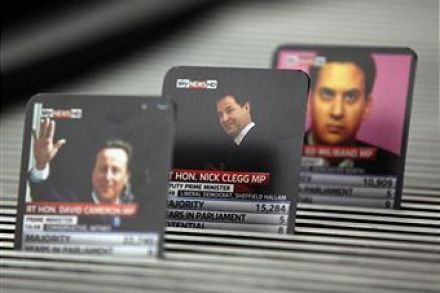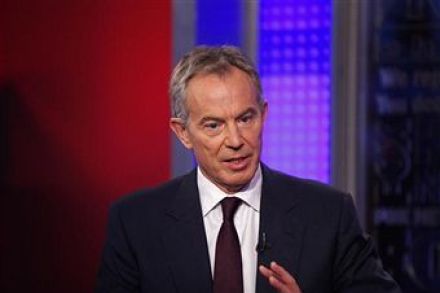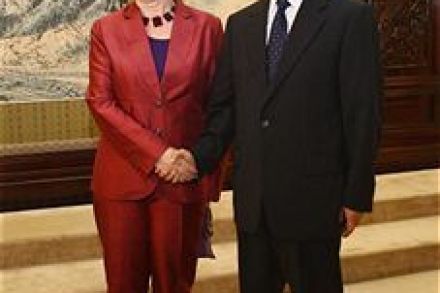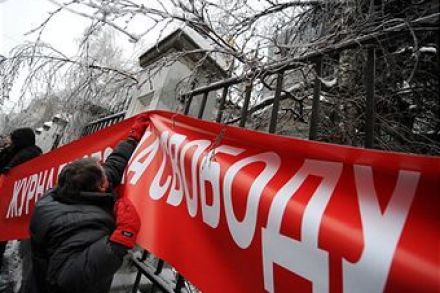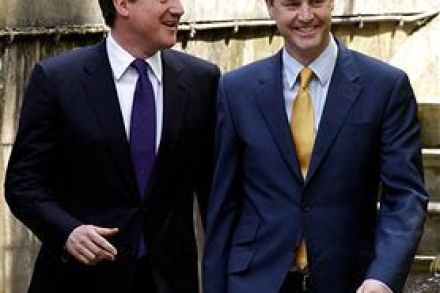Pillars of Sand
The Middle East is set for renewed displays of public anger towards the region’s governments. Events in Bahrain are particularly worrying. Troops took control of the capital, killing at least four protesters in the worst violence in the Gulf kingdom in decades. The trouble in Bahrain, which houses the U.S. Navy’s 5th fleet and is home to a large U.S. military base, illustrates a point Ben Judah and I make in a new article: that the three pillars of US post-World War II power in the Middle East – commercial ties, military bases and client states – are crumbling: “A new Middle East is taking shape, buffeted by Pacific trade





